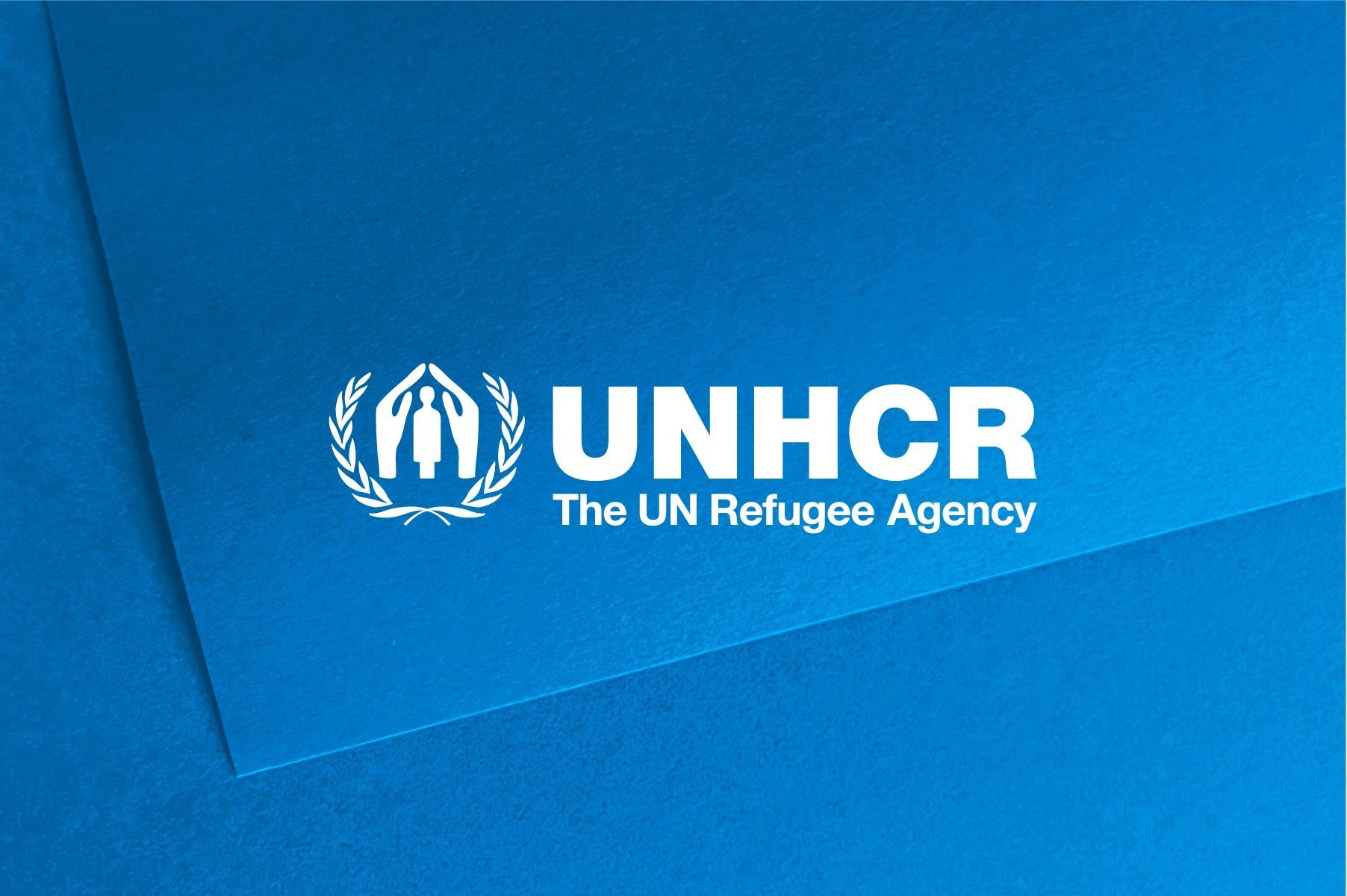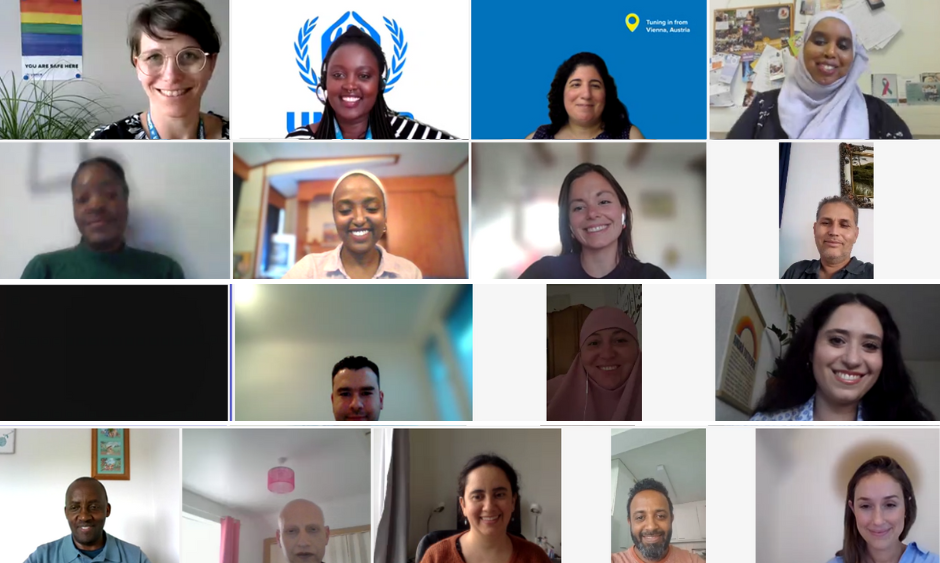Commitment to implement the recommendations of the McMahon Report welcomed by Working Group organisations
Commitment to implement the recommendations of the McMahon Report welcomed by Working Group organisations
Organisations who took part in the Working Group on the Protection Process, including Direct Provision, have welcomed renewed commitments by the Tánaiste Frances Fitzgerald and Minister David Stanton to work closely with key stakeholders on the implementation of the McMahon Report which was published one year ago.
At a meeting with the Ministers and Department officials on Thursday 16th June, the organisations identified a number of priority areas which must be actively progressed in the coming period to improve the processing of protection applications, ensure greater respect for the dignity of persons in the system and improve their quality of life. Implementation of the key recommendations will however require the full allocation of resources identified by the Working Group.
The organisations strongly welcome the progress that has been made over the last year towards implementing the key principle agreed by the Working Group, that no persons should be in the system for five years or more.
"By far the most significant development over the last 12 months is that 1,500 men, women and children have had their status granted after more than five years in Direct Provision. However, there is an urgency to fully implement key recommendations leading to real and qualitative changes in living conditions and supports, enabling the 4,300 people currently residing in Direct Provision to live with greater dignity," said Eugene Quinn, National Director, JRS Ireland.
UNHCR expressed concern that the average processing times for applications for refugee status and the numbers of cases pending have increased since the Working Group was established. “UNHCR very much welcomes the strong commitment of Tánaiste Fitzgerald and her officials that all necessary resources are being allocated to the asylum determining bodies to ensure that recent trends are reversed,” said Enda O’Neill, Head of Office a.i., UNHCR Ireland. “This is essential to ensure that the new single procedure, when it is commenced later this year, does not begin with a substantial legacy of old cases.” A progress report on case processing will be prepared by the end of July.
The question of whether Ireland would choose to opt-in to existing EU Asylum Directives was also a subject of discussion. In particular, opting into the Reception Conditions Directive would place the Direct Provision system on a legislative footing for the first time and provide for important guarantees, such as conditional access to the labour market and the identification of vulnerable persons who require additional supports. Tánaiste Frances Fitzgerald agreed to return to the topic in more detail at a subsequent meeting towards the end of September. Rory Halpin, Interim CEO of Spirasi, said, “I welcome the Ministers’ commitment to engage on this important issue further. The early identification of vulnerable applicants, particularly victims of torture, will ensure that they are provided with adequate support in order to allow them to benefit fully from their rights, and comply with their obligations, throughout the duration of the protection procedure.”
A number of specific issues around the welfare and protection of children were also raised, including the co-ordination of services between the Child and Family Agency and Department Officials with responsibility for Direct Provision. Tanya Ward, Chief Executive of the Children’s Rights Alliance said, “The commitment to extend the remit of the Offices of the Ombudsman and the Ombudsman for Children to include access for residents in Direct Provision centres is very welcome. We would urge the government to do all they can to ensure the legislative changes required can be progressed through the Oireachtas in a timely manner”.
Department officials with responsibility for Direct Provision have committed to quarterly meetings with the organisations to move forward with the McMahon report’s recommendations concerning accommodation and related services. Fiona Finn, CEO of Nasc, said “We very much welcome the news that communal kitchens are being developed in a number of Receptions Centres and that progress is expected to be seen in the overall physical conditions in centres over the coming months.” A nutrition audit concerning the food provided at centres is also due to commence shortly.
The Ministers also committed to the establishment of a national standard-setting committee to reflect fully government policy across all areas of service in Direct Provision with the aim of completing this work by the end of the year.
Stephen Ng'ang’a, co-ordinator of the Core Group of Asylum Seekers and Refugees, said, “The establishment of an agreed set of standards is a very important development that will ensure that asylum seekers can be assured of an appropriate minimum standard of living in Direct Provision centres. Crucially, it is will also increase accountability and facilitate the carrying out of independent inspections against these standards.” Mr Ng'ang’a also welcomed the commitment to consider an increase in the Direct Provision Allowance payable to residents following the commencement of the new single procedure. He said, “This is an important measure that would help to safe-guard the dignity of those living in Direct Provision and alleviate poverty.”





